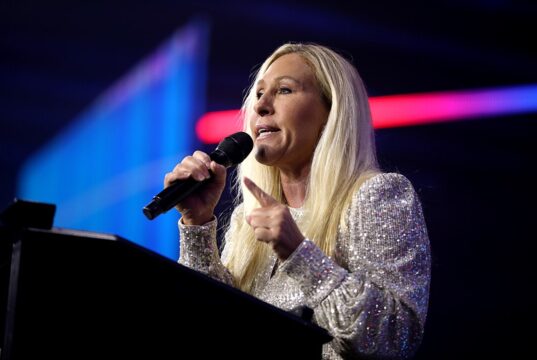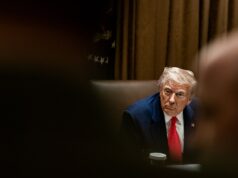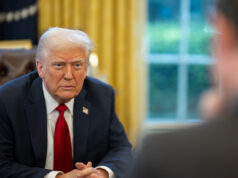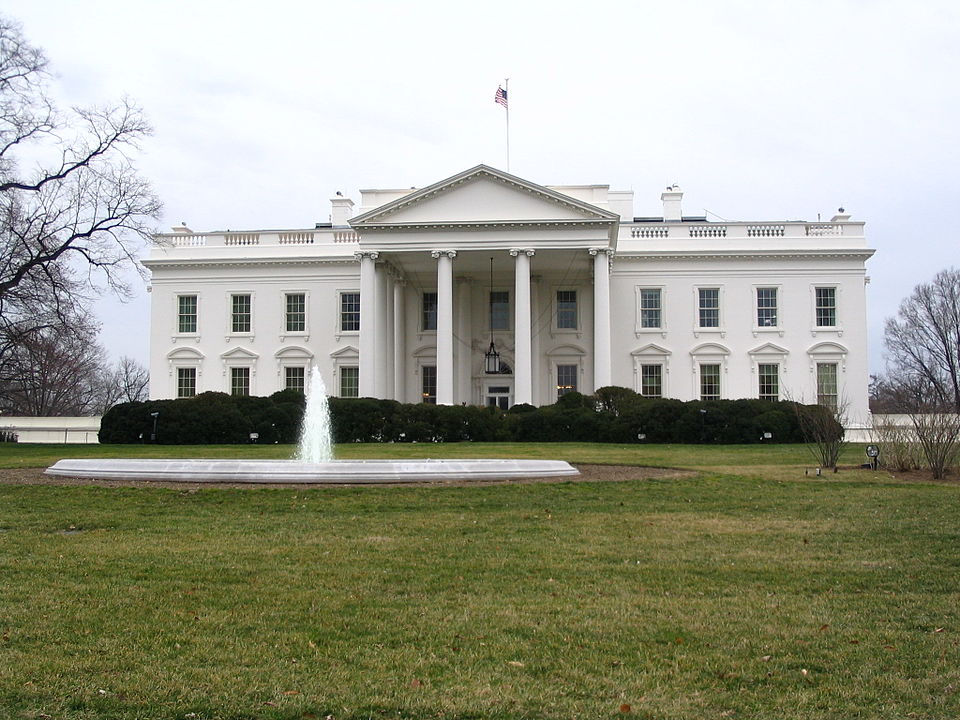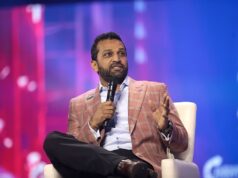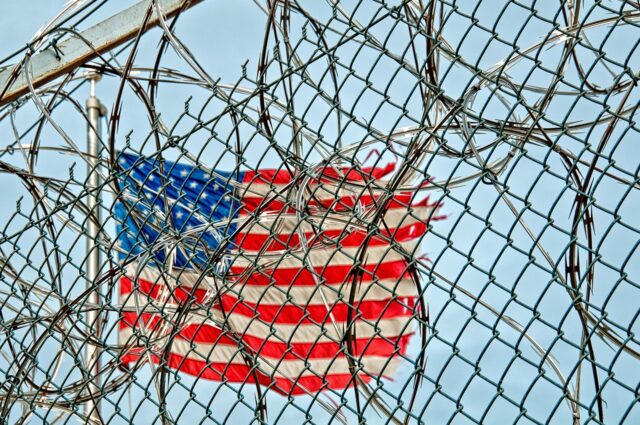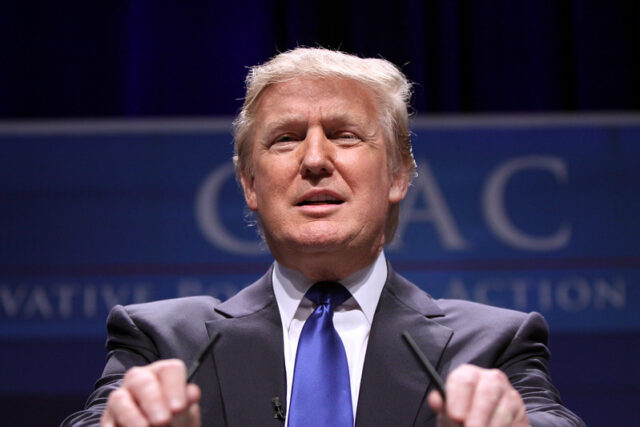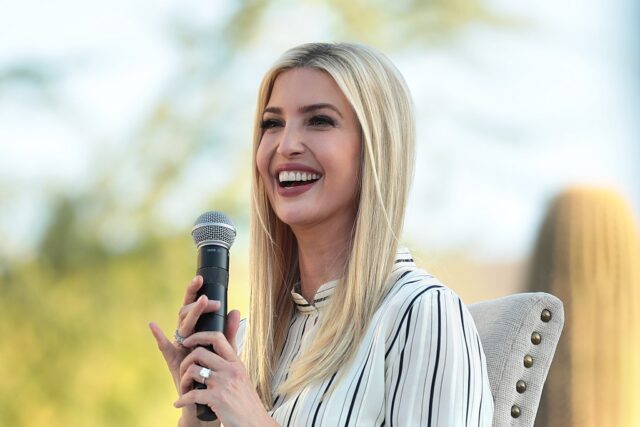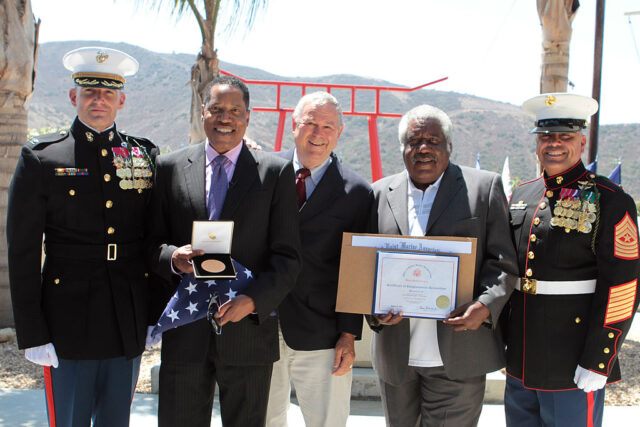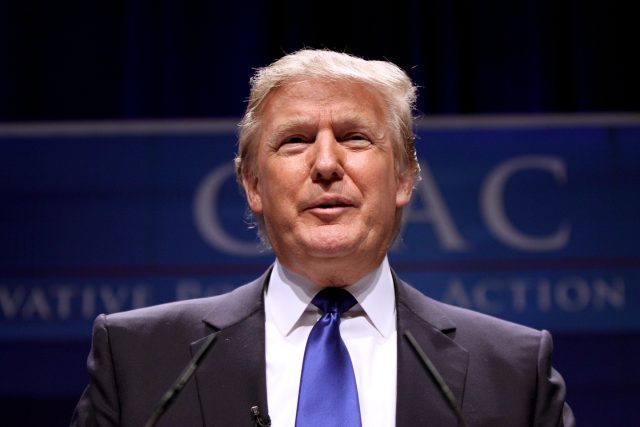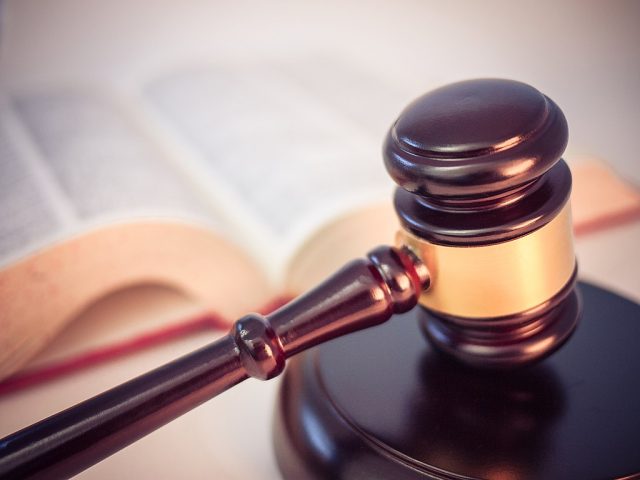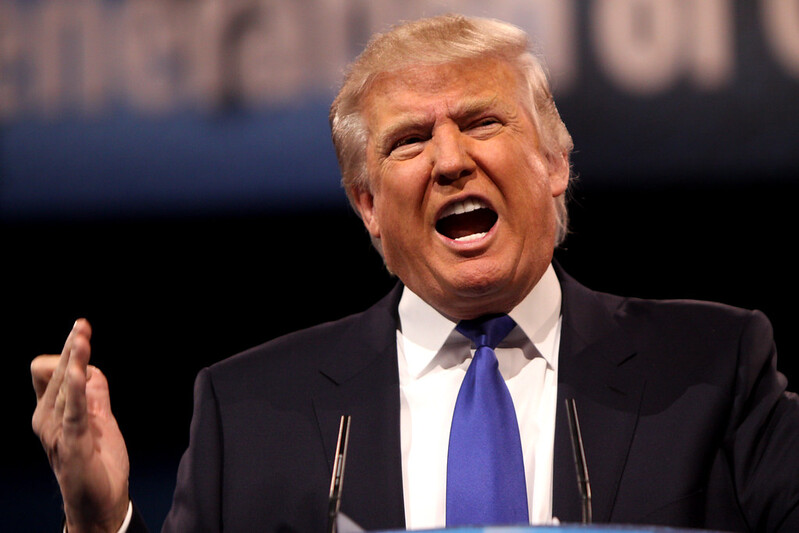U.S. District Judge Tanya Chutkan has reimposed former President Donald Trump’s suspended gag order in his federal election interference case.
Special Counsel Jack Smith requested the reinstatement of the partial gag order on Trump to protect “certain trial participants from intimidation, harassment, and threats.”
Smith’s request came after Trump fired off a verbal attack on his former Chief Staff Mark Meadows, on Tuesday, after ABC News reported Meadows agreed to testify against Trump in exchange for immunity.
Judge Chutkan initially imposed a “narrow” gag order barring the former president from targeting witnesses, prosecutors, court staff and their families.
During the ruling, Chutkan said Trump’s status as a candidate for president did not give him authority to level a “smear campaign” against those involved in the case, saying that “First Amendment protections yield to the administration of justice and to the protection of witnesses.”
In the initial gag order, Chutkan declined to grant an order with the breadth requested by the Justice Department, declining to limit any speech attacking her or the District of Columbia, saying the court would use the jury selection process to ensure it does not pick jurors swayed by Trump’s repeated criticisms of the city’s current state.
On Sunday, Trump vowed to appeal the controversial order in a series of posts to his Truth Social account.
“This order, according to many legal scholars, is unthinkable! It illegally and unconstitutionally takes away my First Amendment Right of Free Speech, in the middle of my campaign for President, where I am leading against BOTH Parties in the Polls,” he wrote on Truth Social.
“Few can believe this is happening, but I will appeal. How can they tell the leading candidate that he, and only he, is seriously restricted from campaigning in a free and open manner? It will not stand!” he added.
In a separate post late Sunday on Truth Social, the former president questioned the timing of the cases brought against him by the Justice Department, claiming that the decision to file them during the presidential campaign season was to hurt his election bid.
“Why didn’t Crooked Joe Biden tell his Injustice Department to file the lawsuits and Indictments against me 3 years ago, instead of right in the middle of my campaign for President? You’re setting a BAD precedent for yourself, Joe. The same can happen to you,” he wrote.
“These Third World Biden Indictments, which should never have been filed, would have been tried and over with years ago. My SleazeBag Opponent shouldn’t be able to do this during my campaign, OR BEFORE THE ELECTION!” Trump added.


